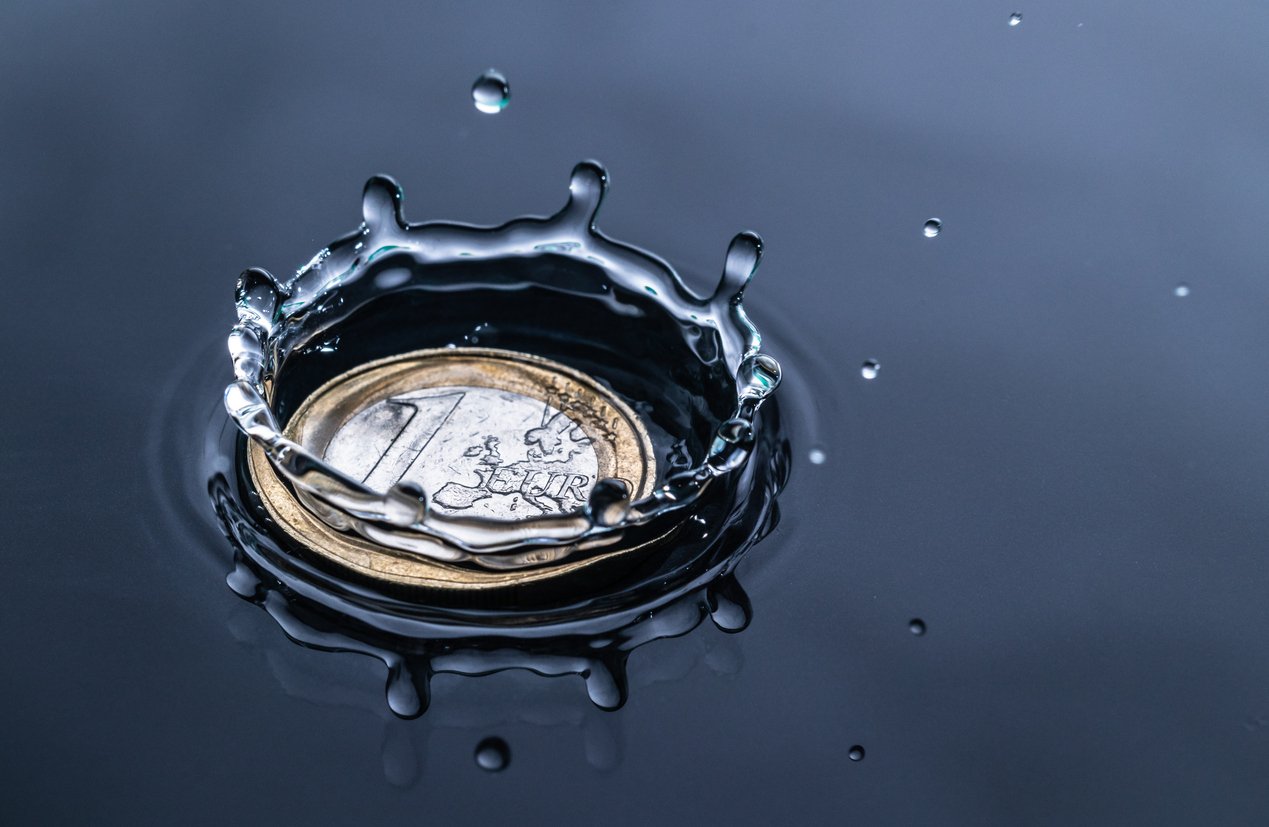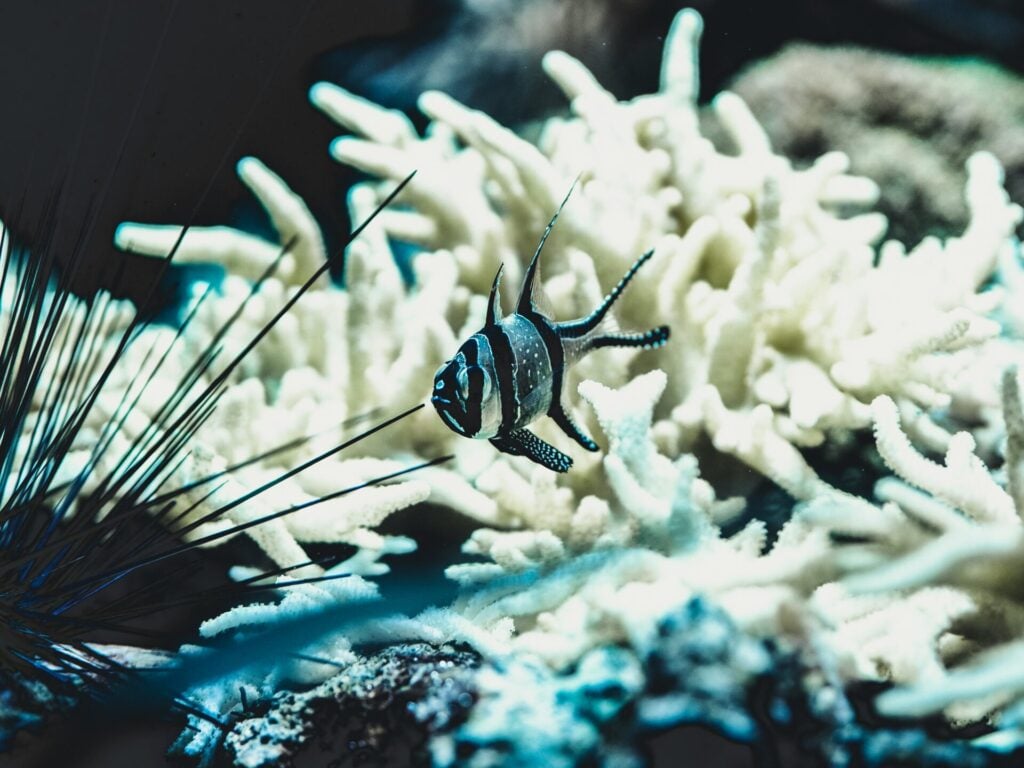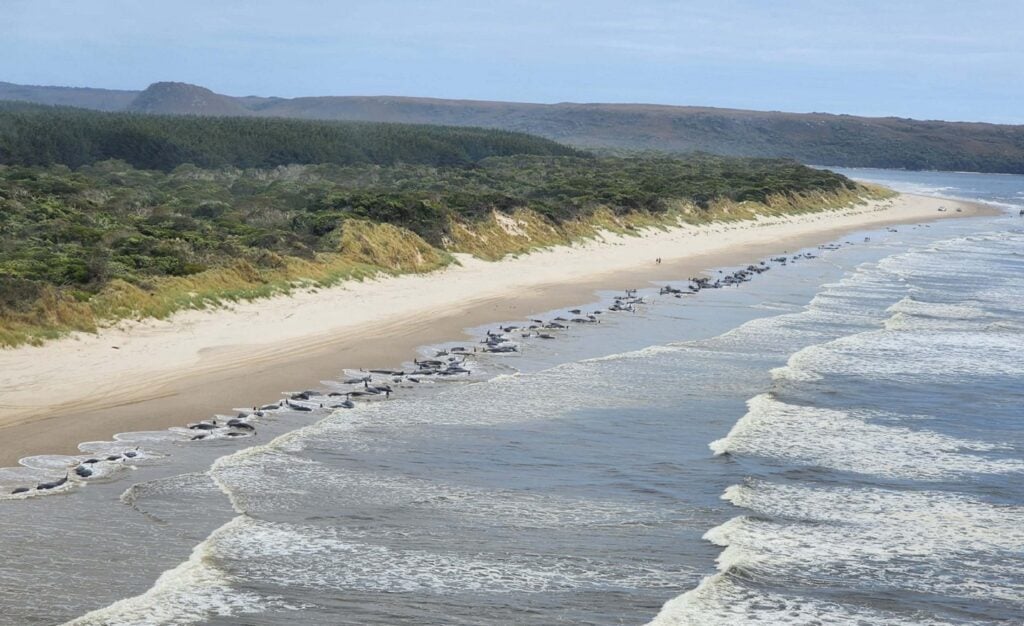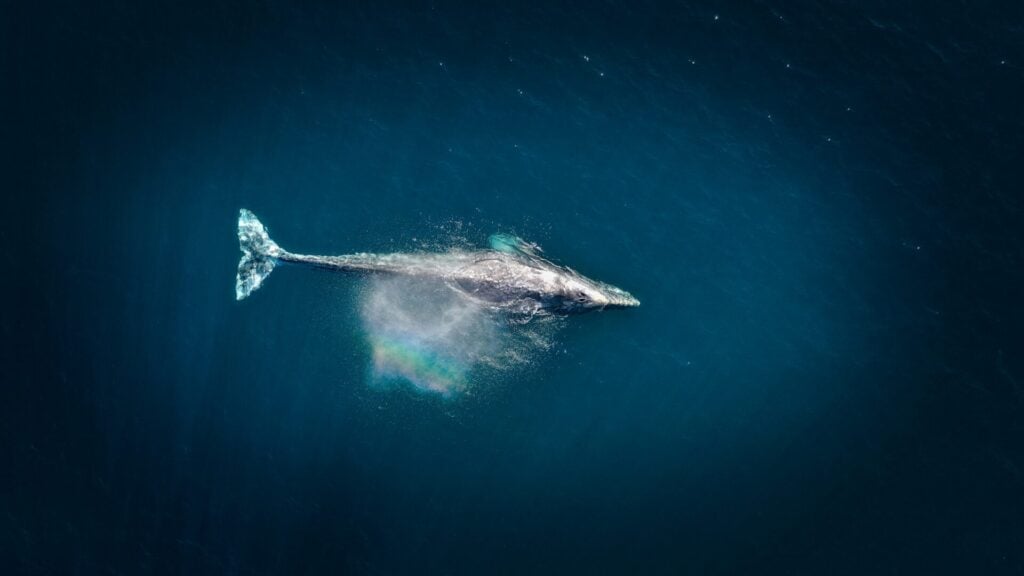In an age of climate chaos, rising populations, and relentless industrial demands, the world’s most valuable resource isn’t oil, lithium, or even gold anymore, it’s water.
Once seen as limitless, this life-sustaining element is now in the middle of a global crisis, with serious implications for health, economic stability, and even international diplomacy. The United Nations estimates that over two billion people already live in countries experiencing high water stress, and that number is expected to rise in coming decades. From record droughts to cities facing day-zero countdowns, water scarcity isn’t a distant concern, it’s happening now.
The scale of the crisis is staggering. The frequency and duration of droughts globally have surged by nearly 30 per cent since 2000. In the Horn of Africa, one of the harshest droughts in recent memory left over 7.8 million people affected and more than a million displaced. Meanwhile, global droughts between 2023 and 2025 have become some of the most widespread and destructive on record, impacting millions across Africa, the Mediterranean, Latin America, and Southeast Asia.
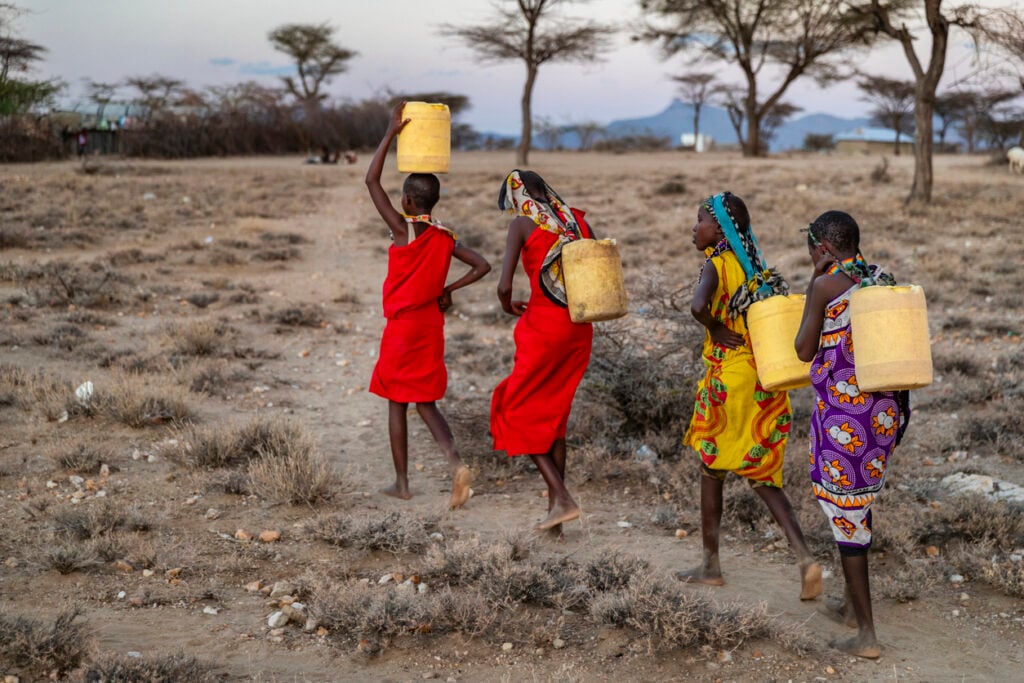
In Zimbabwe alone, the 2024 corn harvest was slashed by 70 per cent, and thousands of cattle died from thirst. More than 90 million people in eastern and southern Africa now face acute food insecurity due to prolonged periods with no rainfall.
The crisis is already reshaping lives in the western hemisphere too. In England, spring 2025 registered as the sixth driest season since 1836, while June ranked among the hottest in nearly 140 years. In July this year more than half of Europe experienced drought for the fourth consecutive month, marking it as the most drought-stricken month on record.
The causes are multi-faceted. Climate change is disrupting rainfall, melting glaciers, and intensifying droughts; population growth is driving up demand; and industrial and agricultural pollution is making our freshwater reserves unusable.
‘Assigning economic value to water transforms it from a basic utility into a strategic, investable resource, essential for the future of both humanity and markets.’
Yaacov Shirazi, founder of Aqua Index
Governments are scrambling to secure supplies and businesses are rethinking how they use every drop. But beyond policy and conservation, a more controversial solution is beginning to emerge: treating water not just as a basic human right, but as a tradable commodity.
The New Blue Gold Rush
Yaacov Shirazi, founder of Aqua Index – a financial ecosystem where water can be tokenised, traded, and valued – calls water ‘the new blue gold’. Historically, gold has been a safe haven for investors during uncertain times, a universally recognised store of value. Today, Yaacov argues, freshwater is assuming a similar position.
‘Like gold, freshwater is becoming a finite, life-critical resource with enormous geopolitical and economic implications,’ Yaacov tells The Ethicalist. ‘Assigning economic value to water transforms it from a basic utility into a strategic, investable resource, essential for the future of both humanity and markets.’
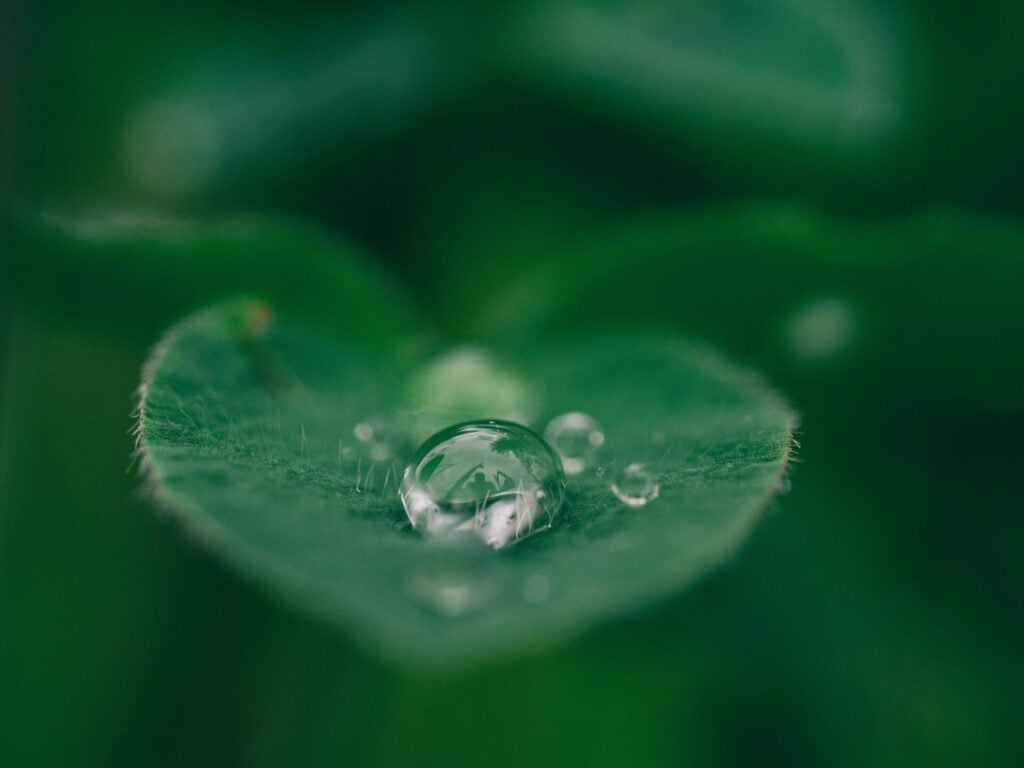
For decades, water was treated as a limitless, undervalued commodity, often excluded from investment portfolios. But that perception is changing. ‘Climate stress, urbanisation, and industrial pollution have made clean water increasingly scarce,’ Yaacov says. ‘The reality is that water is no longer just a resource, it’s becoming an asset.’
Aqua Index has patented the Watercoin Token, that represents ownership of a deliverable volume of freshwater, backed by secured reserves and traded on regulated platforms. While the concept may sound radical, it reflects a growing global conversation about the need to rethink how we value, and therefore protect, water.
Yaacov’s belief is that the world’s water crisis isn’t just about scarcity, it’s about a failure to recognise water’s true worth. ‘When water holds no financial weight, it leads to underinvestment, overuse, and mismanagement,’ he says. ‘Valuing water financially incentivises conservation, infrastructure investment, and innovation.’
The logic is straightforward. By giving water a price, it becomes harder to waste and easier to attract funding for projects such as desalination, wastewater recycling, or rural pipeline networks – all critical for water-stressed regions.
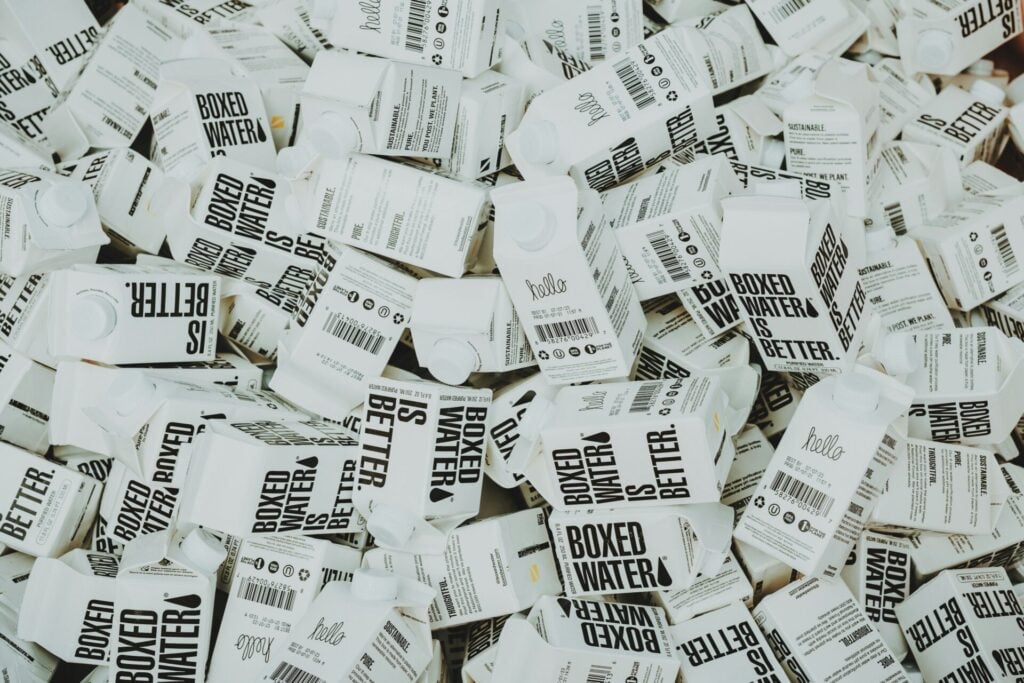
Critics worry however that monetising water could put it further out of reach for the world’s poorest. Yaacov counters though that. ‘Assigning water a clear monetary value doesn’t restrict access; it elevates its importance,’ he says. ‘It encourages efficiency, reduces waste, and empowers governments and private stakeholders to fund infrastructure. This model ultimately improves affordability by improving access.’
A Global Picture of Scarcity
Around the world, the signs of crisis are clear. In Chennai, India, reservoirs have run dry more than once in the past decade. Even California – one of the world’s largest agricultural economies – has faced repeated droughts, prompting water rationing and billion-dollar investments in desalination.
Meanwhile, entire river systems are under threat. The Colorado River, which supplies water to seven U.S. states and Mexico, is at historic lows. The Yangtze, Asia’s longest river, has suffered severe droughts in recent years, affecting shipping, agriculture, and hydropower.
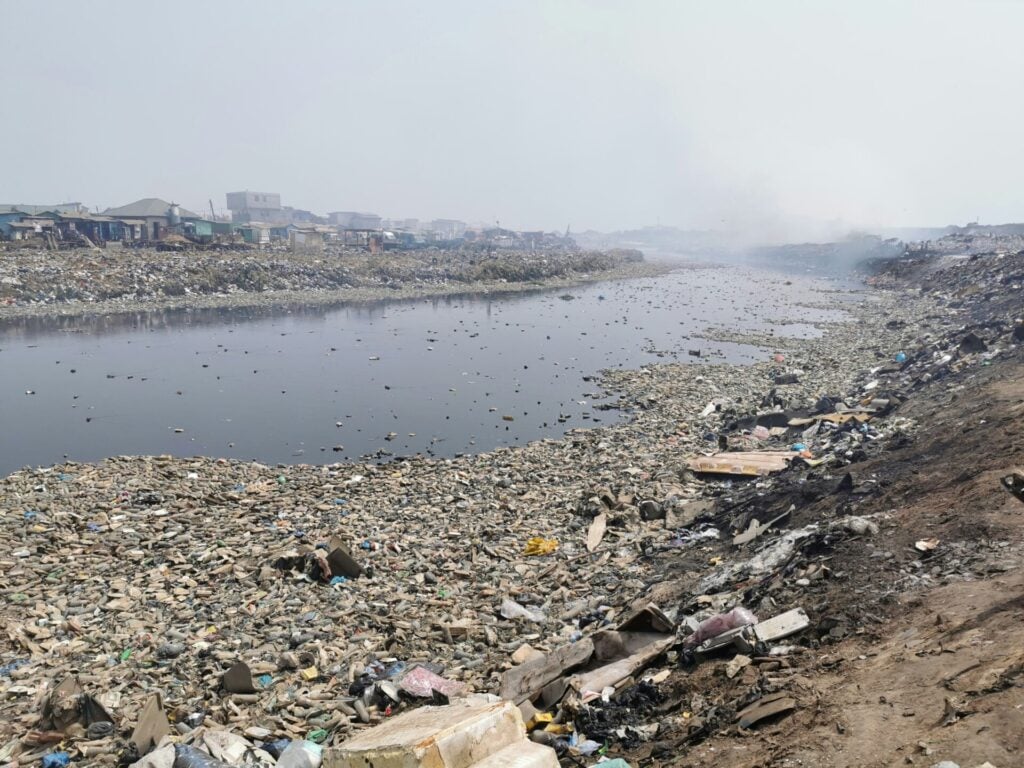
The Middle East and North Africa are particularly vulnerable. Already the most water-scarce region in the world, they face rising temperatures, growing populations, and heavy reliance on costly desalination. For countries here, water security is not just an environmental issue, it’s a matter of national security.
One of the most intriguing implications of water as an asset is its potential role in diplomacy. If water reserves can be valued, they could serve as collateral for infrastructure loans, underwrite insurance policies, or even form the basis of peaceful water-sharing agreements.
‘We’re entering a world where access to clean water will define health, economic opportunity, and political stability. Recognising water as an asset doesn’t commodify it, it protects it.’
‘When water becomes an accepted asset class, it unlocks new financing models,’ Yaacov explains. ‘Governments and municipalities can use water reserves as collateral to fund infrastructure, build desalination plants, secure insurance products, and invest in clean water pipelines. It also offers a peaceful framework for water-sharing agreements between nations, creating new pathways for diplomacy and regional cooperation.’
In arid regions such as the Middle East and parts of Africa, where cross-border rivers and aquifers are often flashpoints for conflict, this approach could help reframe water from a source of competition to one of collaboration.
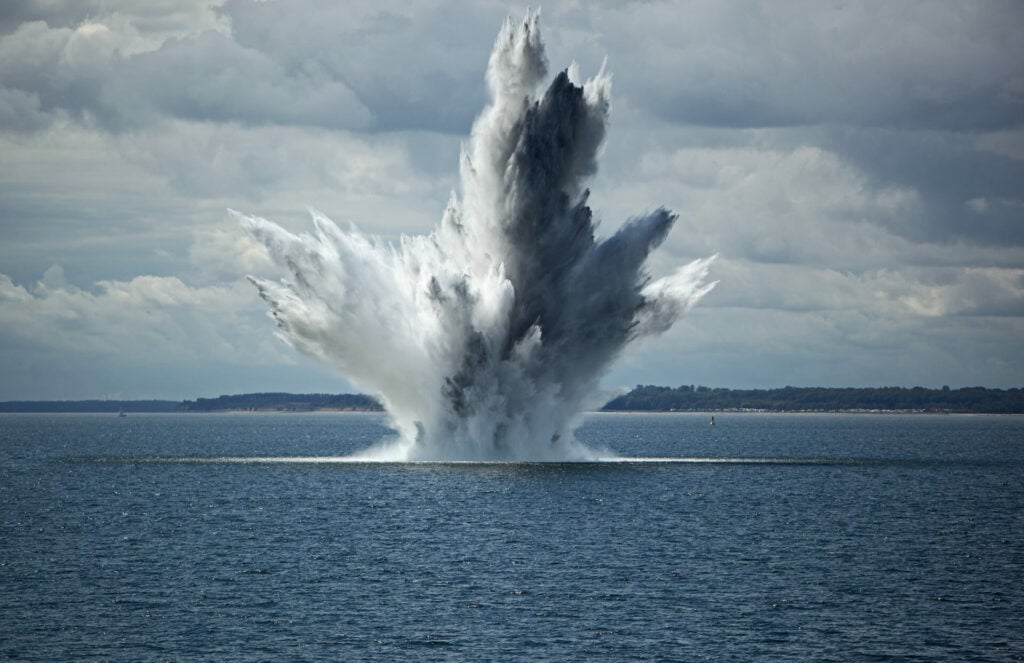
Shirazi’s company has chosen the UAE, specifically the Dubai Multi Commodities Centre (DMCC), as its strategic base. ‘The UAE has positioned itself as a global hub for commodities, digital assets, and sustainable innovation,’ he says.
The country’s track record in water innovation is impressive. From large-scale desalination plants to experimental cloud seeding, the UAE has long recognised the importance of water security.
For those not immersed in the worlds of finance or commodities trading, the idea of water as an asset might seem distant or abstract. But Shirazi stresses that the consequences are universal. ‘We’re entering a world where access to clean water will define health, economic opportunity, and political stability,’ he says. ‘Recognising water as an asset doesn’t commodify it, it protects it.’
The shift toward valuing water as a financial asset is still in its early stages, and it will require careful design to ensure equity and sustainability. But if it succeeds, it could help avert some of the worst outcomes of the water crisis.
For now, the message is clear: the era of cheap, abundant water is over. Whether we choose to call it blue gold, a human right, or the foundation of life, water will increasingly shape the economic, political, and environmental story of our time.

